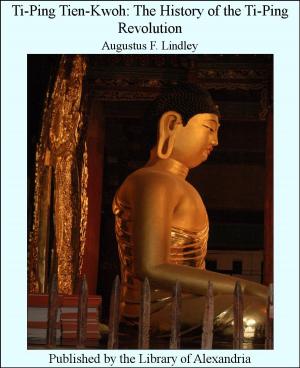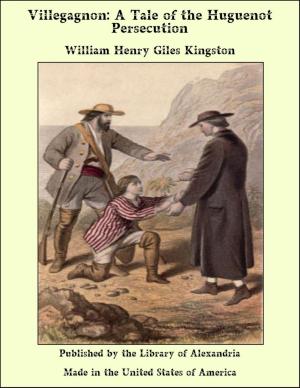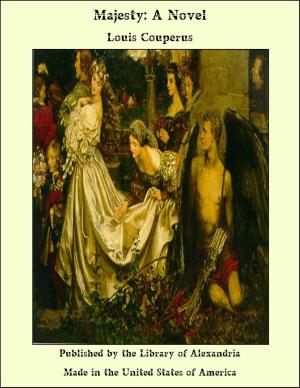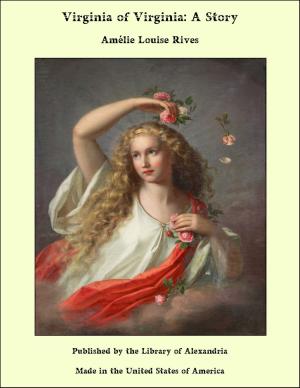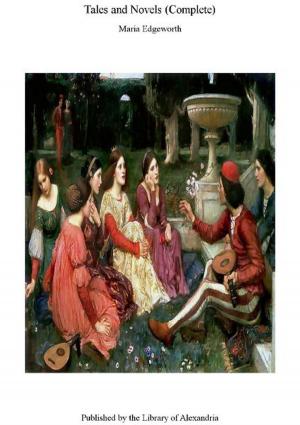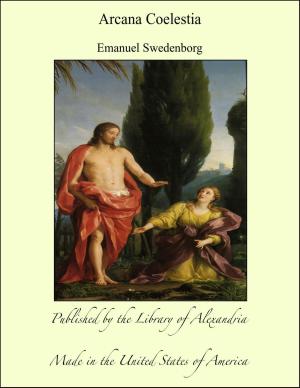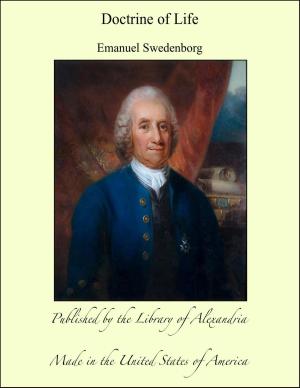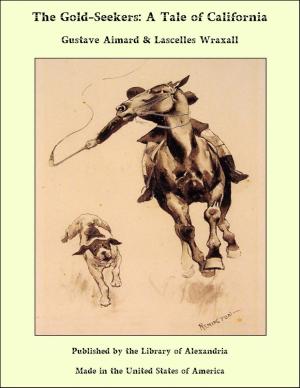What Is Free Trade? An Adaptation of Frederic Bastiat's "Sophismes Éconimiques" Designed for the American Reader
Nonfiction, Religion & Spirituality, New Age, History, Fiction & Literature| Author: | Frédéric Bastiat | ISBN: | 9781465594617 |
| Publisher: | Library of Alexandria | Publication: | March 8, 2015 |
| Imprint: | Language: | English |
| Author: | Frédéric Bastiat |
| ISBN: | 9781465594617 |
| Publisher: | Library of Alexandria |
| Publication: | March 8, 2015 |
| Imprint: | |
| Language: | English |
A man becomes rich in proportion to the remunerative nature of his labor; that is to say, in proportion as he sells his produce at a high price. The price of his produce is high in proportion to its scarcity. It is plain, then, that, so far as regards him at least, scarcity enriches him. Applying, in turn, this manner of reasoning to each class of laborers individually, the scarcity theory is deduced from it. To put this theory into practice, and in order to favor each class of labor, an artificial scarcity is produced in every kind of produce by prohibitory tariffs, by restrictive laws, by monopolies, and by other analogous measures. In the same manner it is observed that when an article is abundant, it brings a small price. The gains of the producer are, of course, less. If this is the case with all produce, all producers are then poor. Abundance, then, ruins society; and as any strong conviction will always seek to force itself into practice, we see the laws of the country struggling to prevent abundance. Now, what is the defect in this argument? Something tells us that it must be wrong; but where is it wrong? Is it false? No. And yet it is wrong? Yes. But how? It is incomplete. Man produces in order to consume. He is at once producer and consumer. The argument given above, considers him only under the first point of view. Let us look at him in the second character, and the conclusion will be different. We may say: The consumer is rich in proportion as he buys at a low price. He buys at a low price in proportion to the abundance of the articles in demand; abundance, then, enriches him. This reasoning, extended to all consumers, must lead to the theory of abundance. Which theory is right? Can we hesitate to say? Suppose that by following out the scarcity theory, suppose that through prohibitions and restrictions we were compelled not only to make our own iron, but to grow our own coffee; in short, to obtain everything with difficulty and great outlay of labor. We then take an account of stock and see what our savings are. Afterward, to test the other theory, suppose we remove the duties on iron, the duties on coffee, and the duties on everything else, so that we shall obtain everything with as little difficulty and outlay of labor as possible. If we then take an account of stock, is it not certain that we shall find more iron in the country, more coffee, more everything else? Choose then, fellow-countrymen, between scarcity and abundance, between much and little, between Protection and Free Trade. You now know which theory is the right one, for you know the fruits they each bear.
A man becomes rich in proportion to the remunerative nature of his labor; that is to say, in proportion as he sells his produce at a high price. The price of his produce is high in proportion to its scarcity. It is plain, then, that, so far as regards him at least, scarcity enriches him. Applying, in turn, this manner of reasoning to each class of laborers individually, the scarcity theory is deduced from it. To put this theory into practice, and in order to favor each class of labor, an artificial scarcity is produced in every kind of produce by prohibitory tariffs, by restrictive laws, by monopolies, and by other analogous measures. In the same manner it is observed that when an article is abundant, it brings a small price. The gains of the producer are, of course, less. If this is the case with all produce, all producers are then poor. Abundance, then, ruins society; and as any strong conviction will always seek to force itself into practice, we see the laws of the country struggling to prevent abundance. Now, what is the defect in this argument? Something tells us that it must be wrong; but where is it wrong? Is it false? No. And yet it is wrong? Yes. But how? It is incomplete. Man produces in order to consume. He is at once producer and consumer. The argument given above, considers him only under the first point of view. Let us look at him in the second character, and the conclusion will be different. We may say: The consumer is rich in proportion as he buys at a low price. He buys at a low price in proportion to the abundance of the articles in demand; abundance, then, enriches him. This reasoning, extended to all consumers, must lead to the theory of abundance. Which theory is right? Can we hesitate to say? Suppose that by following out the scarcity theory, suppose that through prohibitions and restrictions we were compelled not only to make our own iron, but to grow our own coffee; in short, to obtain everything with difficulty and great outlay of labor. We then take an account of stock and see what our savings are. Afterward, to test the other theory, suppose we remove the duties on iron, the duties on coffee, and the duties on everything else, so that we shall obtain everything with as little difficulty and outlay of labor as possible. If we then take an account of stock, is it not certain that we shall find more iron in the country, more coffee, more everything else? Choose then, fellow-countrymen, between scarcity and abundance, between much and little, between Protection and Free Trade. You now know which theory is the right one, for you know the fruits they each bear.



